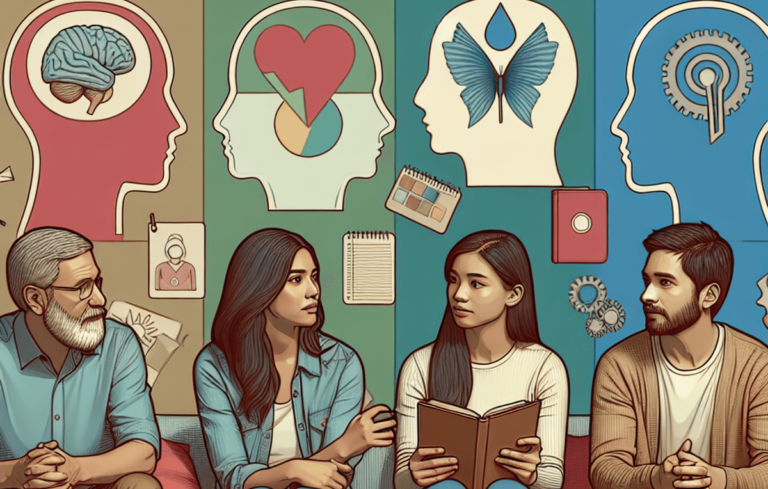Introduction
Emotional intelligence (EI) is the skill of recognizing, controlling, and expressing emotions well. In a TEDx talk, Ramona Hacker discusses how she learned to reconnect with her feelings after going through burnout. EI includes three key abilities: being aware of emotions, using emotions to solve problems, and managing both your own and others’ emotions.

Why Emotional Intelligence Matters
Emotional intelligence is essential for building good relationships and maintaining personal happiness. When people lack EI, they may struggle with their feelings, causing frustration, confusion, and emotional pain. For Hacker, her childhood emotional challenges came from not being aware of her feelings, which showed up as anger and trouble recognizing others’ emotions. The value of EI is in its power to enhance decision-making and strengthen relationships. Someone who grasps emotions can handle the challenges of personal and work relationships with understanding and insight, creating deeper bonds.
6 step guide for Developing Emotional Intelligence
Hacker outlines six steps to improve emotional intelligence:
Acknowledge Emotions:
Recognize emotions as a valuable part of your thought process and decision-making. Emotions provide insights into situations, and understanding them can help navigate complex issues.
Show Genuine Interest:
Engaging with others about their emotions builds a stronger connection. Asking people how they feel with genuine concern allows for deeper, more meaningful conversations.
Analyze Emotions:
Differentiate between emotions and understand their root causes. Sometimes, people may feel angry, but underlying this may be fear or insecurity. Recognizing the true source of emotions can help in managing them better.
Reflect on Emotions:
Journaling or meditating on your feelings can reveal patterns or triggers. This reflection helps gain control over how to respond to emotions rather than being reactive.
Handle Emotions:
Managing emotions is a key part of emotional intelligence. Finding healthy ways to cope, whether through physical activity, creative expression, or talking with friends, ensures that emotions don’t build up in harmful ways.
Support Emotional Development:
Encouraging others to explore their emotions can help them grow emotionally. Offering a safe space for emotional exploration fosters personal growth for both parties.
The Role of Emotional Intelligence in Society
Hacker emphasizes the need to teach EI in schools. By promoting emotional understanding early on, we can raise children who are more aware of their feelings, empathetic, and better equipped to deal with life’s challenges. Teaching kids to manage their emotions benefits them and leads to a society that values EI. This kind of education can lower bullying, aggression, and conflicts while improving workplace interactions and relationships in their adult lives.
Conclusion
EI goes beyond just seeing emotions; it involves managing and using them for our own growth and the growth of others. As people become more emotionally aware, they make better decisions, form stronger relationships, and experience less emotional pain. By focusing on emotional education and examining our emotional patterns, we can create a more inclusive and understanding society, where emotional intelligence links us all together.
FAQ
1. What is emotional intelligence?
Emotional intelligence is the ability to recognize, understand, and manage your own emotions, as well as the emotions of others.
2. How can I improve my emotional intelligence?
Follow these six steps: acknowledge emotions, show genuine interest, analyze feelings, reflect, handle emotions, and support others in their emotional journey.
3. Why is emotional intelligence important?
Emotional intelligence improves decision-making, enhances relationships, and reduces emotional suffering by promoting empathy and understanding.
4. Can emotional intelligence be taught?
Yes, emotional intelligence can be learned and developed through practice, reflection, and emotional education.



